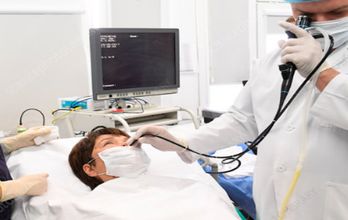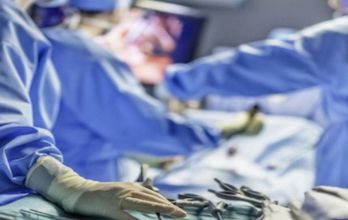







What does KPJ Ampang Puteri offer patients?
How many specialists are there and what accreditation's have been awarded to KPJ Ampang Puteri?
Surgery is a treatment option for numerous different stages of stomach cancer, particularly in its early stages. If a patient has a stage 0, I, II, or III cancer and is generally healthy enough, surgery often offers the only realistic chance for cure.
The aim of surgery is to remove all of cancer in the stomach while keeping as much normal tissue as possible. In some cases, some nearby tissues and lymph nodes may also be removed, depending on the stage and type of stomach cancer. Sometimes the surgeon may need to remove other organs as well.
The recovery time can vary, depending on the type of surgery and the technique your surgeon used. After endoscopic resection, many patients are able to return to work 2-3 days after surgery. For gastrectomy, it generally takes around 4 to 6 weeks until you can resume your normal routine, including work. However, if your doctor uses the laparoscopic technique, the recovery period can be shorter.
The success rate for stomach cancer surgery depends on the stage of cancer and the type of stomach cancer you have. In general, surgery is very effective, particularly in the early stages of stomach cancer.
As with any major surgery, stomach cancer surgery has risks and side effects. These include bleeding, infection, and damage to nearby organs.




What does KPJ Ampang Puteri offer patients?
How many specialists are there and what accreditation's have been awarded to KPJ Ampang Puteri?














What does KPJ Ampang Puteri offer patients?
How many specialists are there and what accreditation's have been awarded to KPJ Ampang Puteri?
CONTACT SUCCESSFUL

